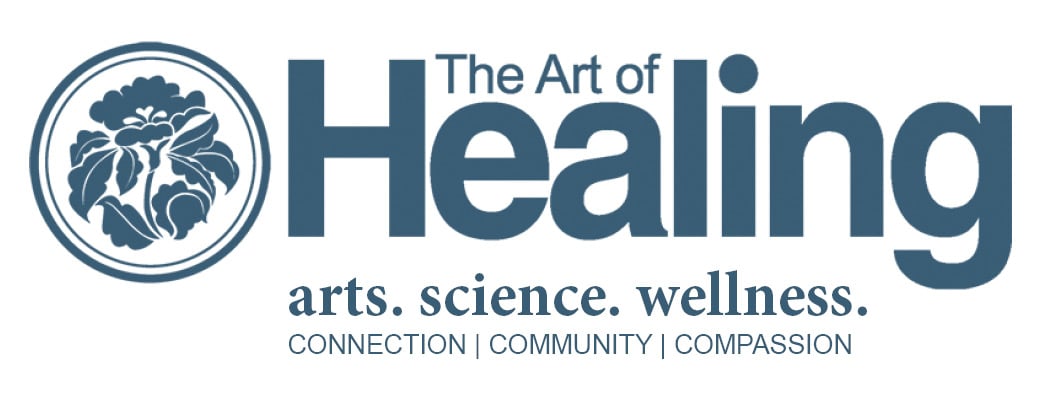Good health begins with the health of your gut. If your gut is damaged or you have an abundance of pathogenic microorganisms, it is impossible to be healthy. The gut must be addressed daily in order to live a lifestyle that builds health. Key compounds such as probiotics and humic substances are key to improving the health of the digestive tract.
Imbalances in the intestinal terrain may lead to or contribute to the propagation of yeast overgrowth, parasites and harmful bacterial growth. Introducing the right type of probiotic strains of microorganisms on a daily basis is a powerful way to regulate your gut health. This daily practice will improve your immune and digestive systems and help improve hormonal and brain health.
Signs of poor gut health:
• Leaky gut syndrome
• Food allergies/sensitivities
• Skin fungus
• Nutritional malabsorption
• Chronic fatigue
• Autoimmunity
• Hormonal dysfunction
• Acid reflux
• Abdominal bloating
• Rashes/hives
• Crohn’s disease
• IBS
• Adrenal fatigue
• Acne/eczema
• Joint pain
• Bad breath
• Diarrhoea/constipation
• Ulcerative colitis
• Asthma and allergies
• Low energy
• Depression
• Mental disturbances
• ADHD/autism
• Irritability
• Liver and gallbladder problems
• Stomach or duodenal ulcers
Your gut is alive:
There is thought to be about 500 different species of microorganisms within the gut, with many of the microorganisms in the human gut have still to be characterised. The majority of the gut is made up of different forms of bacteria, but there are also many forms of yeasts, single-celled eukaryotes, helminth parasites and various viruses.
Whilst communities of microorganisms are located in every exposed area and cavity of the body, the gut provides a dark, moist environment with a continuous supply of nutrition, so it is the optimal breeding ground for microbial life.
The importance of beneficial microbes:
This internal ecosystem is dependent upon certain beneficial species being widespread and in control, with the ideal ratio of progenic to pathogenic microbes thought to be 85:15. Symbiotic microbes are progenic in that they support life, so the health of the body and mind are especially dependent upon the health of the human microbiome.
These organisms also provide a protective barrier that guards the intestinal wall against pathogenic bacteria, parasites, fungi, viruses and environmental toxins. They create antimicrobial substances that destroy pathogenic organisms and are very powerful natural antibiotics, antivirals and antifungals.
Humic substances and human health:
Humic substances (humic and fulvic acids) are considered the most chemically active compounds in soil, and help support the growth and development of the good microbes within the intestinal tract. Both humic and fulvic acids are major organic constituents of soil, coal, streams, lakes and ocean water.
Fulvic acid contains over 60 minerals and trace elements and is essential for cellular health. Humans used to always consume these humic substances by consuming dirt on fruits and vegetables, but today, we wash and over-sterilise all our produce and very rarely get any of these highly beneficial soil compounds.
These humic substances act as powerful electrolytes and antioxidants. They are also natural chelators that bind and pull out toxic substances such as pesticides, herbicides, bad microbes and heavy metals. Their colloidal nature allows them to help the cells more efficiently respire, hydrate, absorb nutrients such as amino acids and eliminate wastes more effectively.
This combination of benefits allows for a healthier internal environment which enhances the probiotics’ ability to flourish. These substances provide a multitude of benefits but are currently classified as “prebiotics” because of their beneficial effects on the gut flora.





